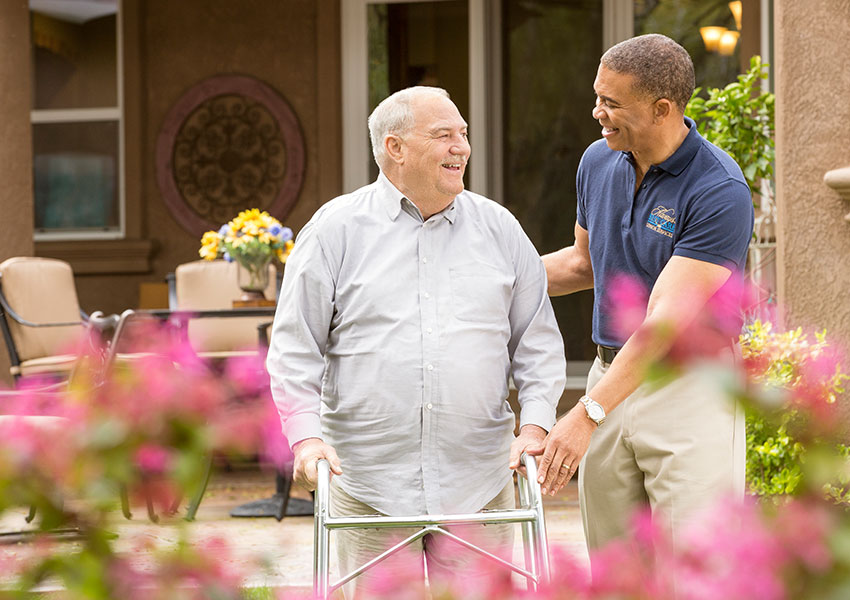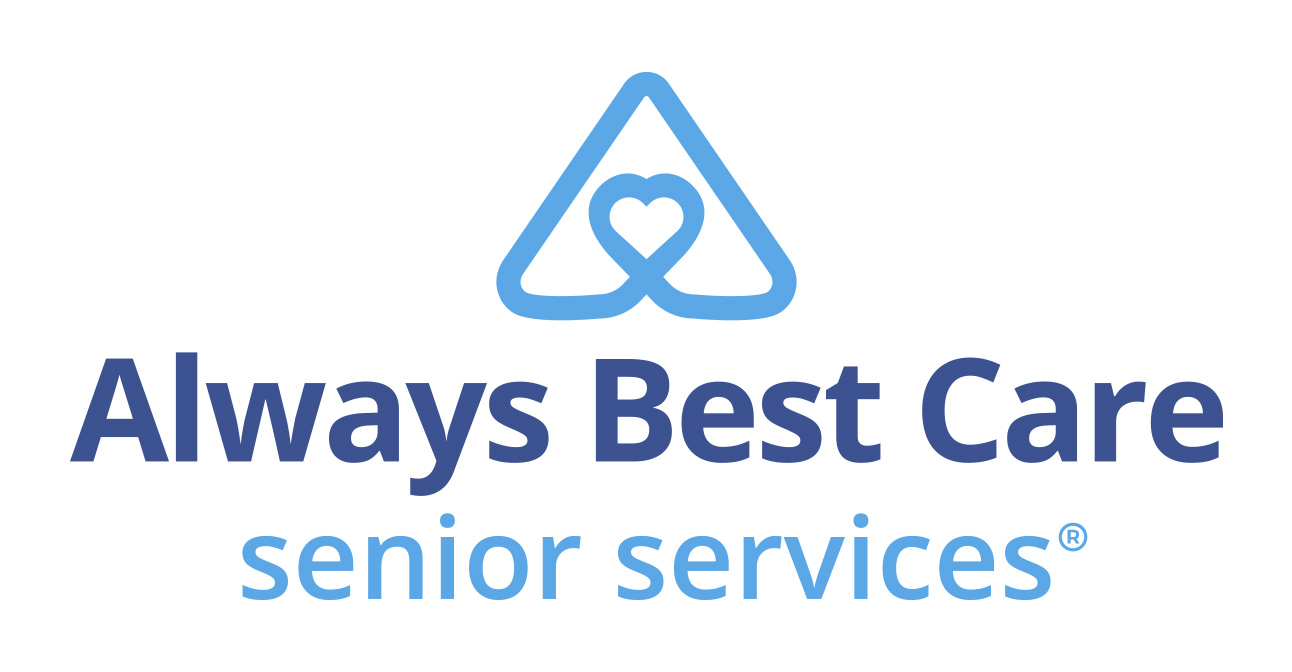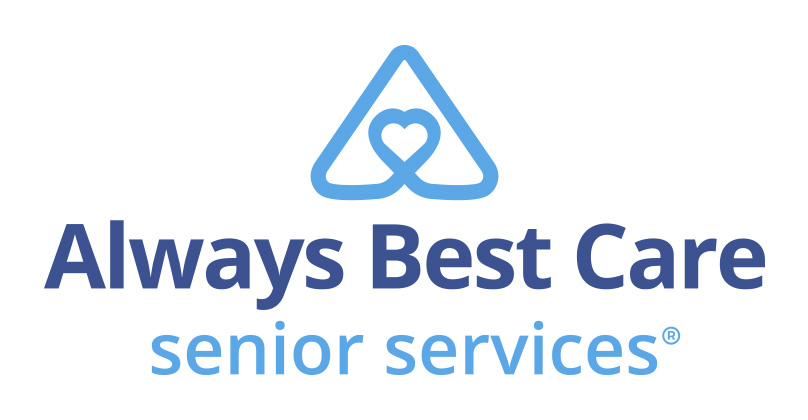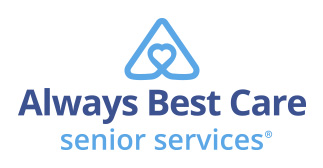Financial scams are occurring all the time via phone, email, Internet, or in person. Unfortunately, scammers often prey upon the elderly as they are often more giving and easily conned into believing fake schemes. Seniors are often living on a fixed income and limited savings, so they need to be careful about managing their finances. Plus, if a senior is scammed out of a large sum of money, the financial repercussions can often be felt by family who are providing care and may have to help cover more expenses.
One of the best things you can do is keep talking to your aging parent and making them aware of scams that exist and how easy it can be to fall for these tricks – it happens to people of all ages. Encourage them to ask for more information before agreeing to anything and to contact you if they think anything seems suspicious or too good to be true. There is nothing wrong with hanging up on an unknown caller or telling a solicitor no.
These are some common scams you and your loved ones should be aware of:
- Fake winnings such as the lottery, a contest, or a free prize. Scammers often ask for bank account information, shipping, or processing fees as a way to get payment without providing any return.
- Fundraisers that go toward fake charities, helping with disaster relief, or supporting medical expenses. While there are many valid donation sites that support wonderful causes, there are also a lot of dishonest schemes where scammers are just looking to capitalize on a situation and get money. It is important to thoroughly vet any causes before donating to make sure it is valid.
- Callers impersonating family members – especially grandchildren – and claiming they are in jail, have been in an accident, or need money for some other reason. They often ask for prepaid gift cards or wire transfers, which should be an immediate red flag and alert that something is not quite right.
- Door-to-door sales can also be problematic because they convince seniors to buy products, sign up for non-existent subscriptions, or agree to unnecessary or low-quality home repairs. This can quickly add up to lost savings.
These are just a few ways that scammers get money out of seniors or gain access to their financial information. Stay abreast of current schemes by checking out Fraud.org. In addition to talking to your senior, it can be a good idea to set up some financial oversight such as alerts when money is deducted, a joint checking account, or power of attorney over their finances. It is important to reassure them that you are looking out for their financial well-being and not trying to take over control of their money. You want to make sure that it is properly managed to support their future and that no one scams them out of their savings. They can also work with a financial planner or advisor.
Encourage your loved one to be skeptical and ask questions in these situations. Help them to sign up for the Do Not Call Registry and remind them not to answer phone numbers they don’t recognize or open the door to solicitors. Have them set aside any mail they receive that they may be unsure about before sending away for anything or mailing a check. Partnering with an in-home care provider can also be advantageous because they can help seniors to sort through their mail, screen phone calls, and make more informed decisions when presented with a potential scam. Learn more about in-home care and schedule a free consultation by calling Always Best Care Senior Services at (855) 470-2273 today.




























































































































